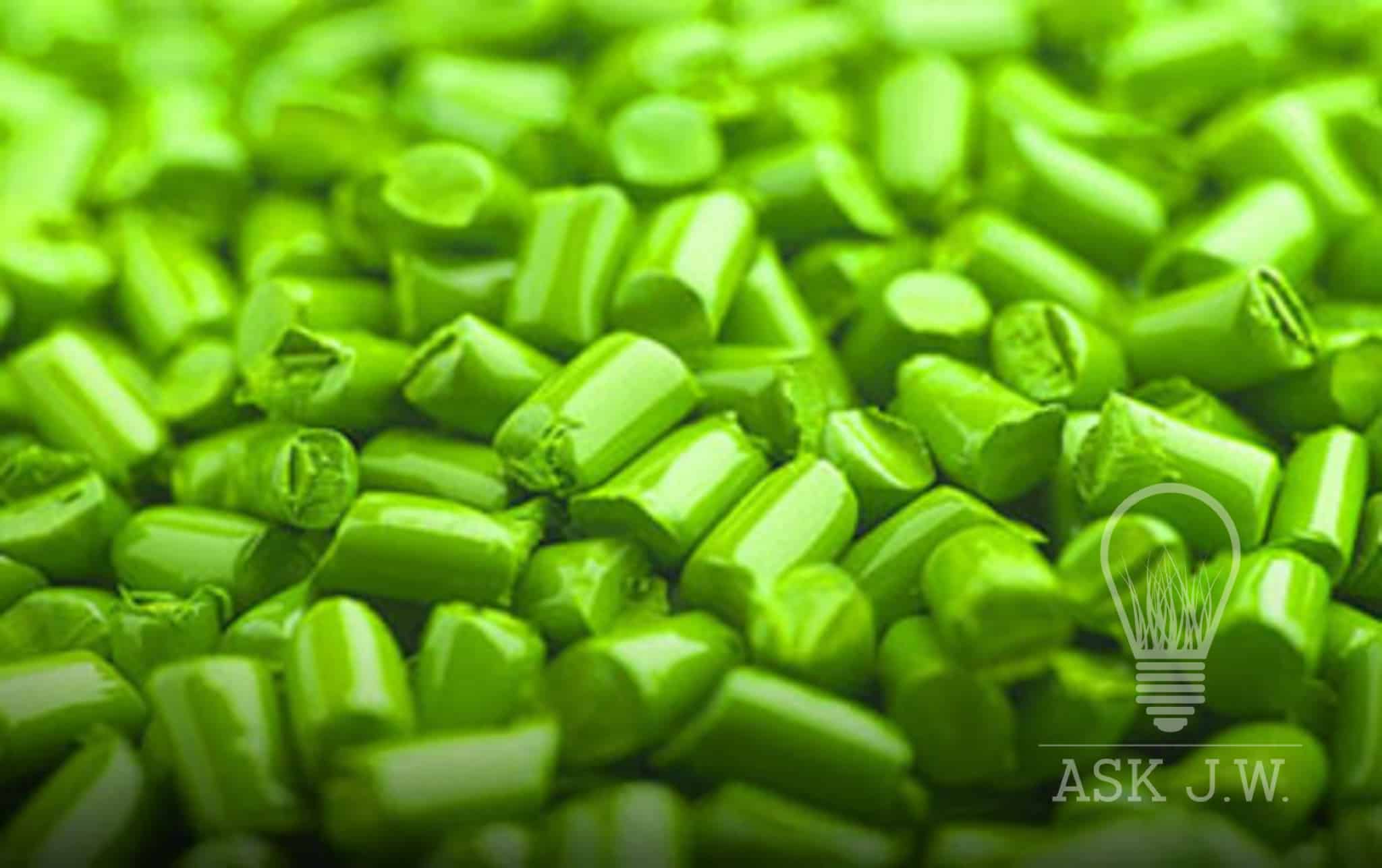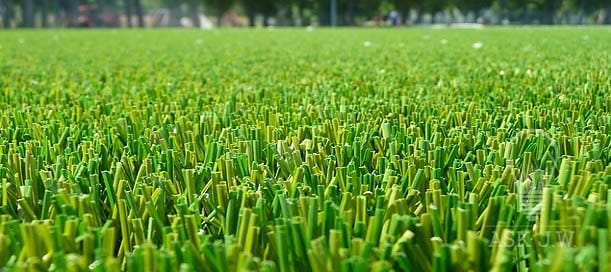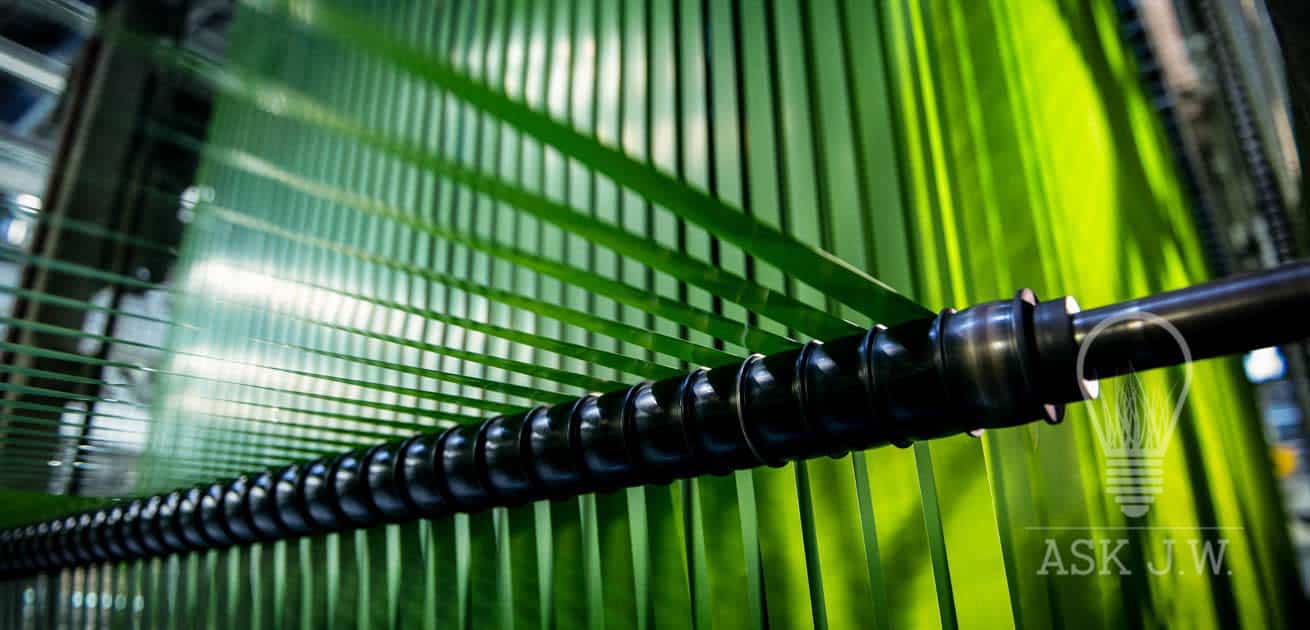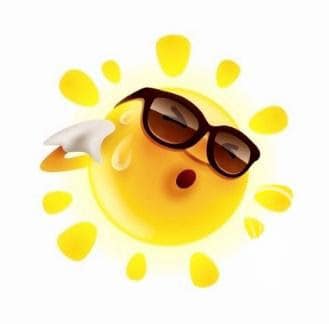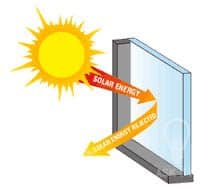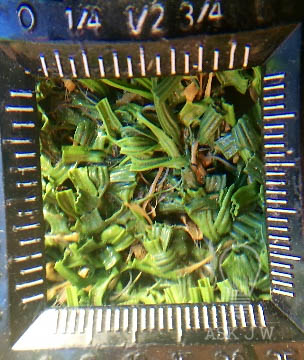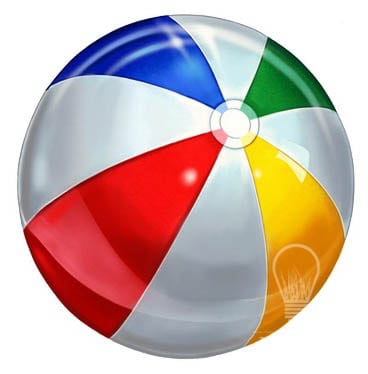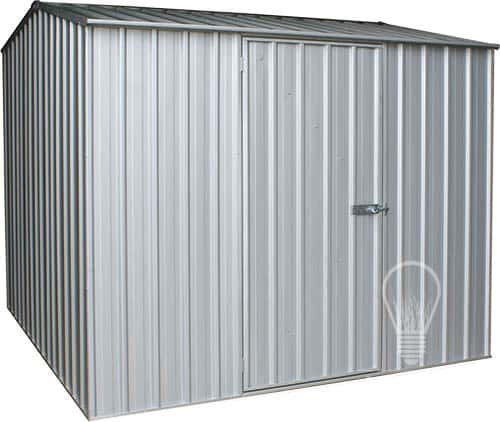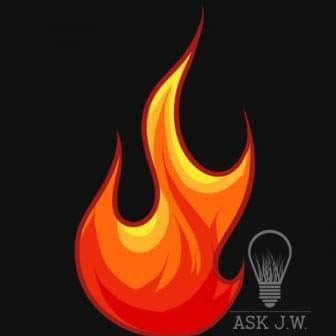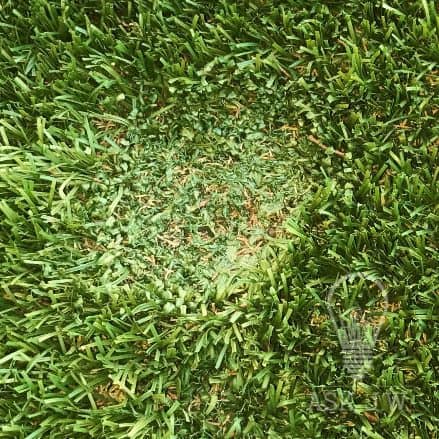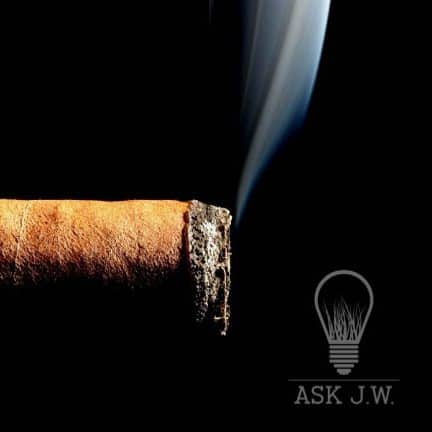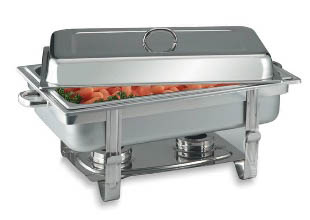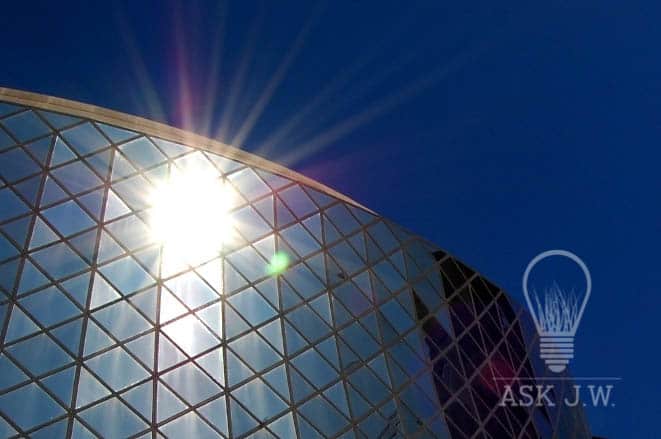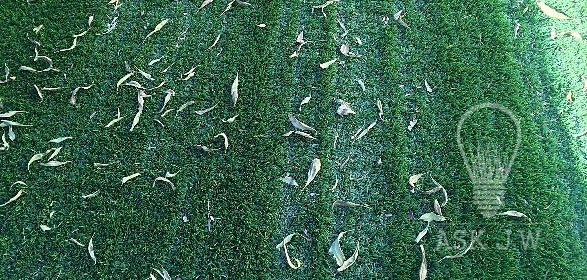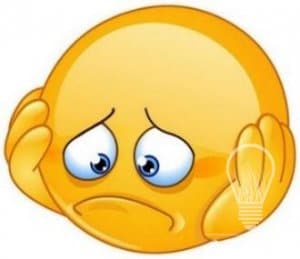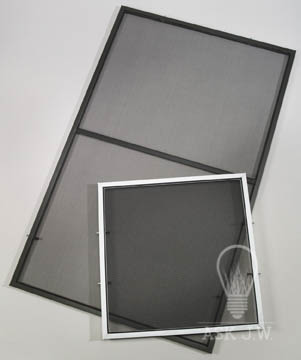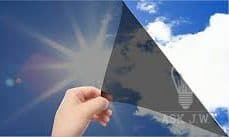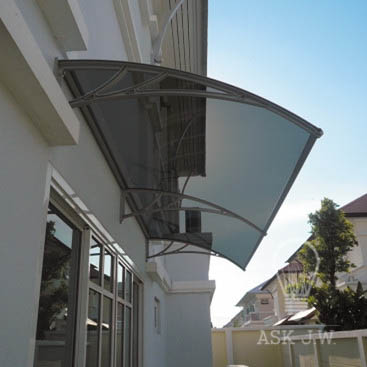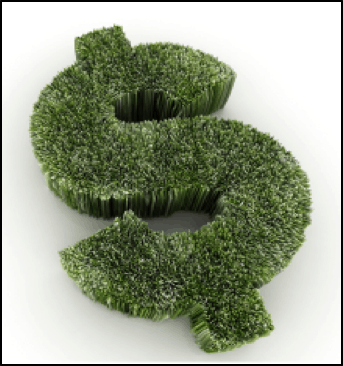Window glare and its ability to melt objects and materials has been an ongoing issue for decades. Intense heat being transferred through sunlight can cause damage, and sometimes injury. The first step in preventing property from being damaged from Reflective Ultraviolet Rays is to find out if you are a candidate or not. This month ASK JW will help you understand the issues that arise from reflective heat and how you can prevent any future damage to your synthetic turf, furniture, toys and surrounding materials and objects.
Over the decade’s synthetic turf has become landscapes most popular product to hit the market since the lawnmower. Through research and development, synthetic turf has evolved rapidly and it’s only getting better. New components that make up the synthetic turf systems have become quality-driven. The backings are produced with higher quality of textiles and produce strong tuft bind. The coatings that are applied to the backings are more resilient, flexible and can withstand thermal contraction better than before. The yarn that produces the fibers has high tech admixtures that prevent degradation and gives the synthetic turf longer life expectancy.
UV inhibitors have been added to prevent fading and premature wear from the damaging effects that the sun can do to any materials longevity. Manufacturers have been constantly striving to create a synthetic turf that will overcome the harsh weather conditions and freeze-thaw cycles that can breakdown any product on the market. With all of this evolution of knowledge in the synthetic turf industry there is one thing that will never change, materials that are made of plastic will always be susceptible to melting due to high temperatures.
Surfaces that reflects from a secondary surface from the sun’s ultraviolet rays can melt thick plastics within minutes. Reports are increasing across the nation regarding the suns ability to melt synthetic turf and other objects that have come in contact with the reflection of “LOW-E” Windows. Low-E glass, uses a microscopically thin metallic oxide layer incorporated in the internal components of the glazing surface to control heat transfer through insulated windows. In the last two decades, window manufacturers have created high performance glazing that only allows light into the home, business or hotel, but Radiant heat and Solar heat are bounced off the windows glass surface and onto any surface it can get its rays on.
When this happens it only takes minutes for the harmful rays to start weakening any surface which it is centered on. Most synthetic turf yarn has a melting point of 175-200F. Unfortunately this is something that manufacturers of synthetic turf cannot prevent or warranty.
Not all reflections off of windows cause damage. Barbeques that have polished surfaces can reflect heat rays that can melt things as well. I have a friend that witnessed the suns reflection off his barbecue that physically melted a beach ball right before his eyes.
The sun has always had this effect on objects that receive reflection from its harmful rays. Take the “Melting-Siding Pandemic. Not many people know but vinyl siding has been melted by sunlight bouncing off neighbors windows for decades, but it rarely gets mentioned. You can replace them, but the next hot summer the melting will start all over again unless the glare is removed.
Reflection from the sun off shiny toys after sitting for long periods of time can start to curl the tips of the synthetic turf fibers. I have seen areas that beach balls, plastic chairs, and toys heat up and melt synthetic turf. It is not a good idea to allow any furniture or toys to be placed on the surface of synthetic turf for extended periods of time. This will take the memory out of the direction of the fibers.
Outside decorative mirrors that hang from walls can put off high amounts of reflection that can melt surrounding areas.
Panels on doors, sheds, and metals that have large surfaces can attract the sun’s rays and cause damage to surrounding objects.
Direct flame, barbeque coals, and lit cigars, can easily damage synthetic turf.
When you are installing synthetic turf at commercial properties please advise the establishment when having events on the synthetic turf that require Sterno appliances, they must use “Sterno Blankets” to protect the synthetic turf below. Sterno appliances require small canisters/containers that contain flammable contents that produces a small low vapor flame that heats up stainless steel containers of food. They sit below the appliance and are known for falling out when the tables are shaken. I have repaired multiple burn marks the size of a baseballs due to sterno canisters melting the synthetic turf.
One may never know when a hot ray of sunshine will reflect off of a surface and damage your newly placed synthetic lawn, but steps can be taken to prevent, acknowledge and protect your property from UV reflection.
Prevention
Now that we understand the damages the sun’s rays may cause, inspecting the surrounding areas of your synthetic turf is the first step in preventing any reflection or window glare. This may take some time to predetermine if you are a candidate of window glare or any other secondary reflection that may cause extreme heat transfer to your synthetic turf.
- If you have synthetic turf that is, was or you are installing it soon, it is advantageous to view the areas in the highest temperature of the day.
- Find out the location of the windows and any sun reflecting objects that are in direction of the sunlight to the synthetic turf you are installing.
- If you find reflected heat(secondary glare) from any object or window that is focused on the area that is to be turfed, take a thermometer, lay it on the ground where the secondary glare is located and check the temperature. Take note of the time of the day and its location. If the temperature exceeds 150F than I would take precautionary measures by installing exterior window screens, reflective paint, professional window film that reduces exterior reflection, or redesign the landscape area to incorporate hardscape or decorative rock in the areas of concern.
If you have synthetic turf already installed and you have concerns of areas melting, take a small remnant of synthetic turf, place it in the areas of concern and give it a week or so and see how much damage the section has taken from the sunlight’s reflection. Then make a decision to either redesign the landscape, or purchase window coverings.
Having screens or protective films on the outside of the window will also benefit your homes efficiency.
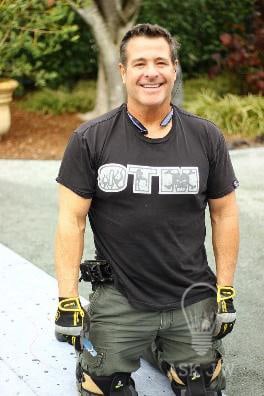
“If you are a contractor and ignore the possibility of you or your client’s installation being a victim of window glare, then you will succumb to not only losing money but your reputation as well. I recommend doing your due diligence and learning how window glare and heat reflection can damage your workmanship and keep the synthetic turf industry proud.”
JW
For more information please contact J.W. askjw@sgwcorp.com or call 888.846.3598
Other Topics:

About SGW
Learn more about SGW

Certifications
IPEMA, Lead-Free, and CAD Details
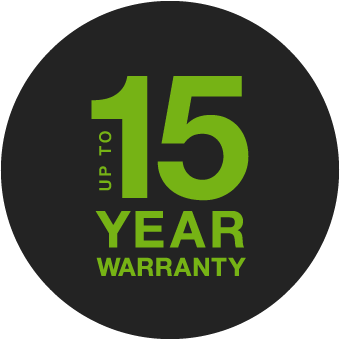
Warranties
Our Industry Leading Warranties

Ask an expert
See if we’ve answered your questions

Media
Our tried and true steps for installation

Blog
Learn about our turf in depth
Here to help
Our Commitment
We are committed to providing the best artificial turf products at competitive prices. Our warehouse carries the most advanced synthetic grass products available, engineered to look and feel like real grass. Every turf product is made with high quality materials that are safe for everyone, especially children and pets.

Industry Leaders
SGW San Diego has always stood out among competitors, offering new products with the latest technology.

Service Oriented
The only thing better than our grass is our customer service. Our staff is committed to providing the best experience possible for our clients.

Quality Driven
At SGW San Diego we only offer products that maintains a high standard of quality. Backed by up to a 15 year warranty, the best in the industry.

